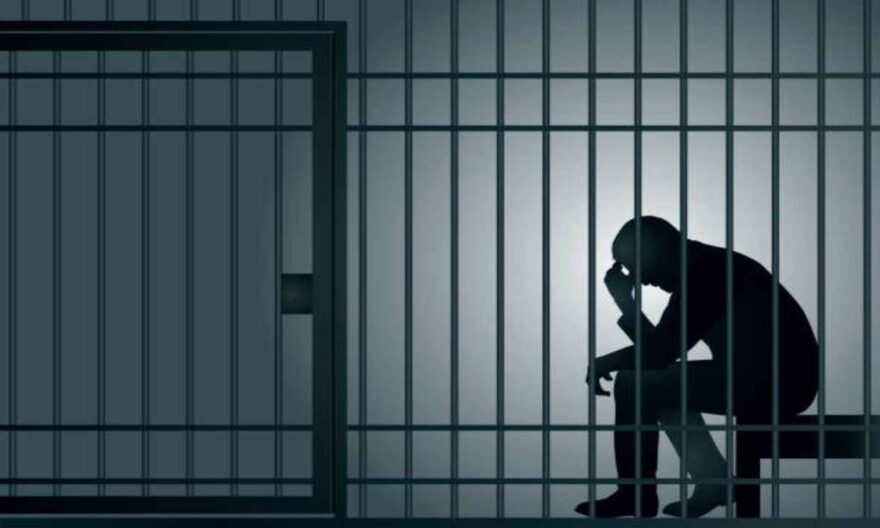
The Delhi High Court recently emphasized the need for delicate care in addressing the mental health concerns of convicts who have been incarcerated for extended periods.
A single bench of Justice Swarana Kanta Sharma issued a series of directives aimed at safeguarding the mental and emotional well-being of prisoners.
Justice Sharma highlighted the importance of upholding prisoners’ dignity and prioritizing their mental and emotional health to enhance their prospects of successful reintegration into society upon release from prison.
While acknowledging the role of prisons in removing criminals from the streets, Justice Sharma noted that lengthy prison sentences without adequate attention to convicts’ mental health could fail to serve as effective deterrents against future crimes. She cautioned that such circumstances might lead convicts to acquire criminal skills from other inmates, potentially resulting in their desensitization to the threat of future imprisonment.
To address these concerns, the Court issued a range of directives to promote the mental health of prisoners. These included the requirement for all prisons in Delhi to have access to a counselor or psychiatrist. Additionally, the Court mandated the development of a comprehensive Standard Operating Procedure (SOP) outlining the provision of alternative therapies and facilities within prisons. The responsibility for providing the necessary infrastructure and funding was assigned to the Government of Delhi.
Justice Sharma further stipulated that if a convict faces repeated punishment while incarcerated, prison authorities should consider referring them to psychiatrists. In cases where inmates display signs of mental or emotional distress, the Court ordered the provision of counseling, alternate therapies, and meditation facilities.
The Court also emphasized the importance of sensitizing prison administration, including medical officers, to identify and address mental and emotional health issues among inmates. To facilitate this, the Delhi State Legal Services Authority (DSLSA) was directed to organize workshops to promote mental health therapy for convicts in prison.
These directions were issued during the hearing of a plea by a prisoner named Sartaj @ Allahharakha, who contested the government’s denial of his parole request. The Court took note of the petitioner’s history of repeated punishments and criminal involvement.
Concerning the existing Prison Rules, the Court highlighted the absence of provisions specifically addressing mental and emotional health issues, prompting the need for its directives.
Justice Sharma ordered the dissemination of her ruling to pertinent authorities, including the Director General (Prisons), Secretary, the Delhi State Legal Services Authority, and relevant government officials. A compliance report was mandated within two months, and the Court also instructed the communication of the order to the Jail Superintendent of Central Jail No. 14, Mandoli, New Delhi, for the petitioner’s information.




